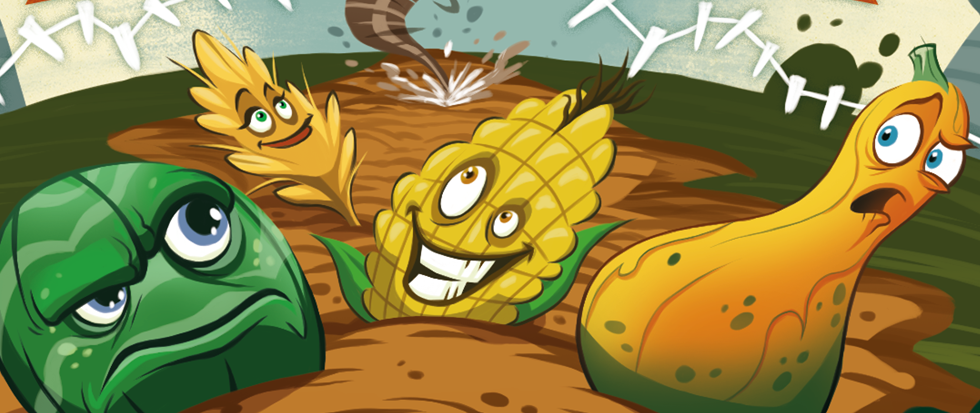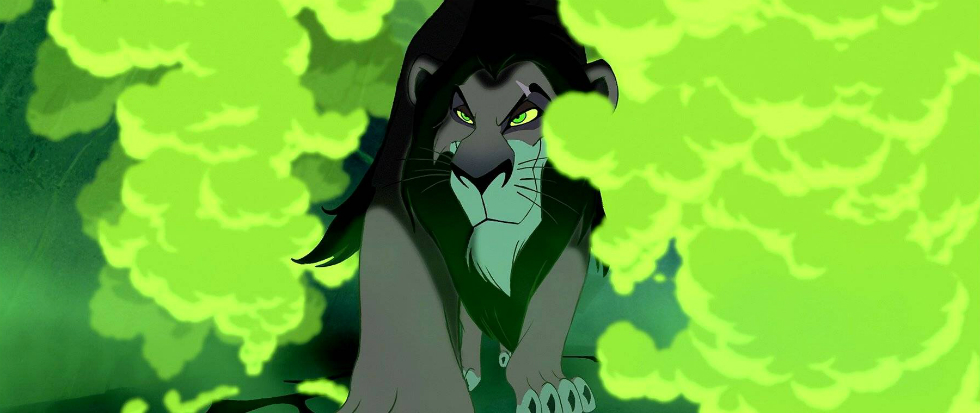
Three Games That Almost Ruined my Most Cherished Friendships
Ah, board games. That delightful medium meant to bring a group of people closer together as they gather around the table for a couple hours of good natured fun. Throw in some beers or hot coffee and you’ve got the makings of a great evening of bonding.
Except when the exact opposite happens. Except when a board game becomes nothing more than the vehicle through which is borne the seeds of eternal resentment and hate. Except when all hell breaks loose around the table and the flames of accusation threaten to engulf years of friendship.
Here are four games that nearly destroyed some of my most cherished relationships.
Hanabi

Hanabi is a novel game. The goal here is for everyone to play numbered cards from their hands in numerical order without making too many mistakes. It sounds simple, but the gimmick is that you cannot see what cards are in your hand. The rest of the table can, though, and it is their job to use clues to let you know what cards you hold. You then play those cards to the table, sight unseen, and hope you remembered correctly…
…but then you inevitably play the wrong card in the wrong order and everyone begins to question your ability to comprehend and retain simple instructions until you become crippled with self-doubt about where your life is heading. Am I going to die alone? Will I ever find fulfillment in my career? Do my dogs hate me as much as my now-former friends do? Who knows?
Thanks, Hanabi!
The Manhattan Project

World War II was a bloody, violent conflict, costing the lives of millions of young soldiers. What better way to honor their sacrifice than by shouting at your best friends across the table? While not as prevalent as in video games, board games have also been known to use WWII as a thematic backdrop. And like their digital counterparts, games like The Manhattan Project are capable of bringing out the worst in players.
A large part of The Manhattan Project’s strategy is building up your catalog of buildings that you use to gain resources. One of the actions players can take, though, is to bomb their opponents’ buildings, thereby making them unusable until they are repaired. Thematically it’s a very true-to-life practice, as targeting infrastructure is historically one of the top priorities of any war. In game, it’s a mechanic that leads to frequent over the table squabbles. Opponents constantly going out of their way to bomb your buildings in The Manhattan Project is absolutely frustrating, especially when they do it at the expense of their own score.
Wouldn’t you rather win? Do you see yourself as some kind of board game martyr? Do you get a warm fuzzy feeling from watching me fume? Because right now it feels like you’d like to no longer be my friend.
Farmageddon

Farmageddon is a game about planting and harvesting crops, something that appeals to me as a huge fan of Stardew Valley. Unfortunately, this clusterfuck of a game lacks any of the therapeutic qualities of last year’s best video game, especially when played with two more players than the game is built to accommodate.
My group played Farmageddon with six players despite the fact that it only supports four. The result was a severe lack of resources to grow crops and high tensions as we destroyed one another’s paltry farmsteads. The low point came courtesy of a severe rules argument that threatened to rend the group apart permanently. So let it be a lesson, kids: always heed the player number on the box.
At the end of the day, the lesson is clear. Friendships? What friendships. Let’s play some board games.





